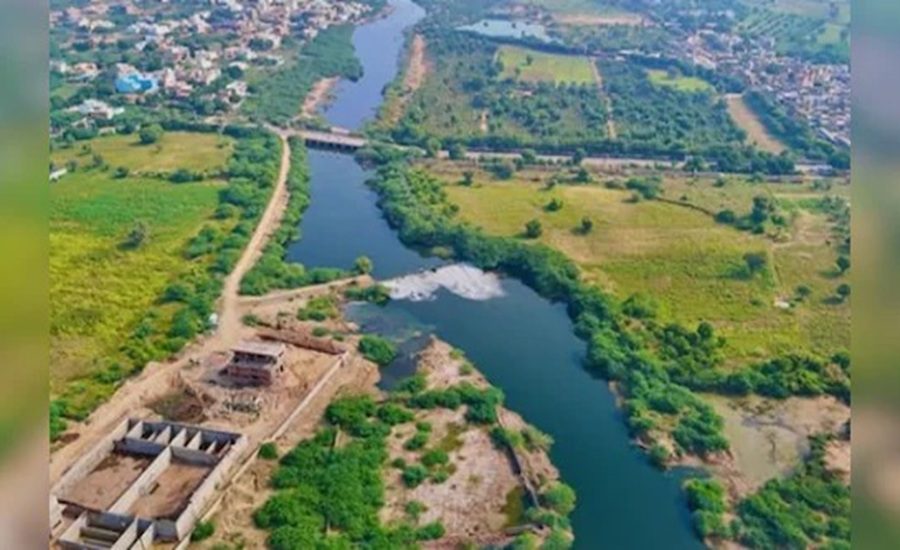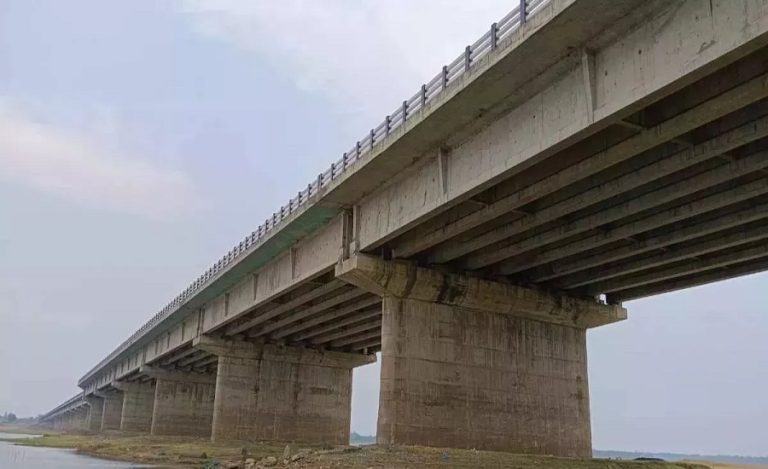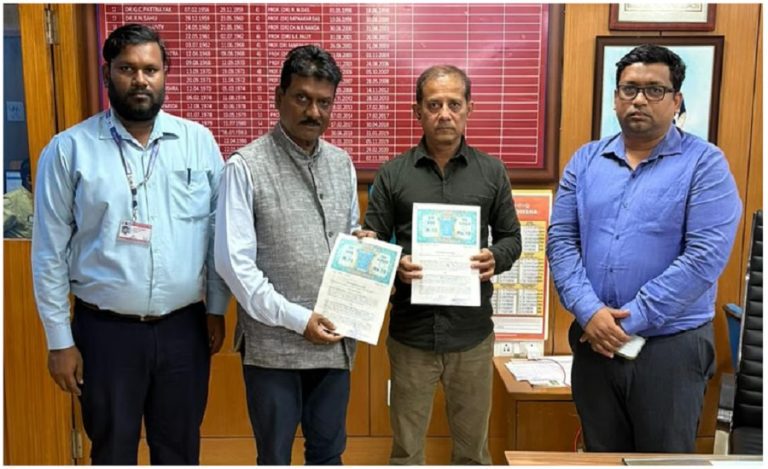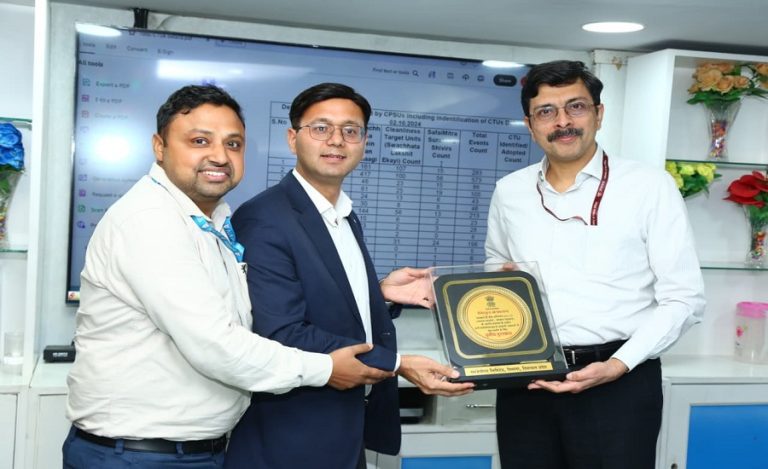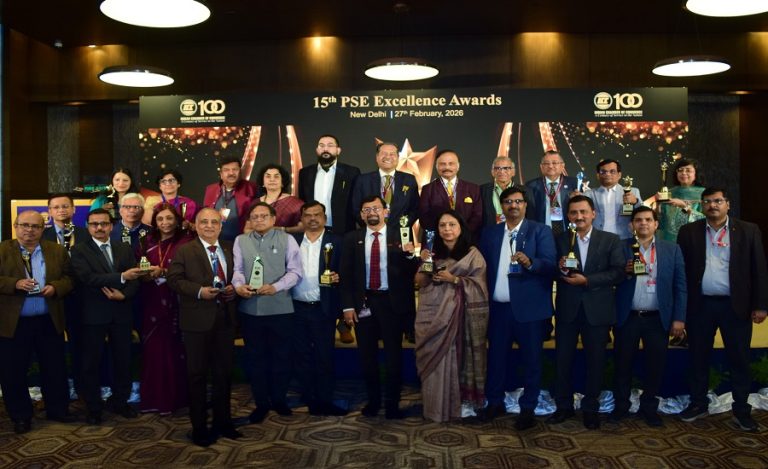New Delhi: In a major development reflecting the judiciary’s proactive stance on environmental issues, the Supreme Court of India on Tuesday took suo motu cognisance of severe industrial pollution in Rajasthan’s Jojari River, which has reportedly affected the health, agriculture, and daily life of thousands across dozens of villages.
SC Orders Registration of PIL
A Bench comprising Justices Vikram Nath and Sandeep Mehta ordered the Supreme Court Registry to register a Public Interest Litigation (PIL) based on a media report highlighting the discharge of hazardous industrial waste, mainly from textile and tile factories, into the Jojari River.
“This court is taking suo motu cognisance with respect to river Marudhara Jojari, Rajasthan, where a lot of industrial waste primarily from textile and tile factories is being discharged, making hundreds of villages and the drinking water for animals and humans both not potable,” the Bench stated.
The matter has now been placed before the Chief Justice of India (CJI), who will examine the scope of the PIL and issue further directions regarding follow-up action.
Pollution Crisis in Jojari River: A Long-Standing Issue
This judicial intervention comes after decades of pollution in the Jojari River, a tributary of the Luni, which flows through Jodhpur and surrounding areas. Recent investigative reports, including those by Mongabay India, revealed that more than 50 villages have been battling the effects of untreated industrial effluents being discharged into the river for nearly two decades.
The pollutants have contaminated groundwater, flooded farmlands, and led to serious health complications among residents and livestock.
Also Read: SC Upholds Punjab & Haryana HC Order Quashing Abhay Chautala Summons in 2008 Defamation Case
Drinking Water Unfit, Agriculture Damaged
During the hearing, Justice Vikram Nath remarked that the situation is dire, with drinking water rendered unfit for human and animal consumption. Entire agricultural zones have been affected, with toxic water reportedly inundating fields, damaging crops, and reducing soil fertility.
Justice Sandeep Mehta emphasized that the environmental degradation is not limited to one locality but spans across hundreds of villages, severely impacting rural livelihoods and local ecosystems.
CJI to Decide Scope and Future Course
The Bench left it to the Chief Justice of India to determine whether the matter will be limited to Jojari River or will expand to other polluted rivers in Rajasthan and potentially across India.
The move comes at a time when environmental concerns are increasingly being linked with public health crises, and judicial oversight is being sought in cases where executive action has been inadequate.
Background: Media Reports Spark Judicial Action
The suo motu action was triggered by a news report showcasing how hazardous waste was flowing unchecked into the river, flooding farmlands and polluting water sources, leading to economic and health hardships for rural communities. The media’s role in bringing the issue to light underscores the importance of journalistic accountability in environmental justice.
Also Read: SC Warns Govt: Ensure Dignity, Infrastructure for Retired Judges in Tribunals or Abolish Them

